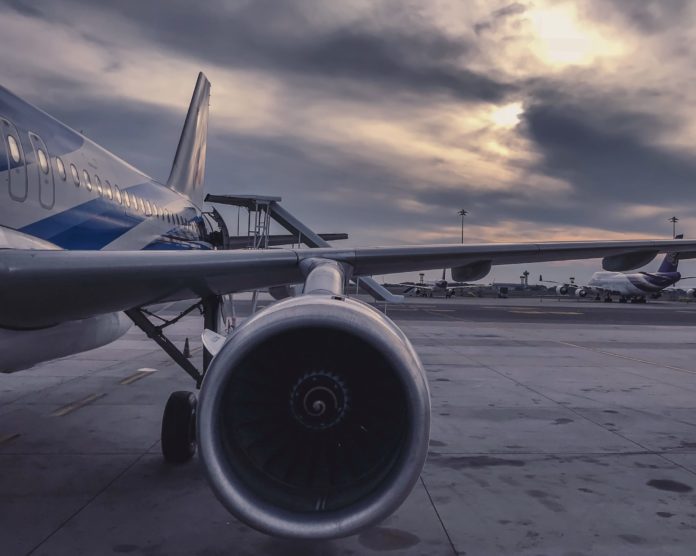With the summer holidays quickly approaching, Cape Town’s tourism industry is attempting to regain its momentum. This is, as the sector is still grappling with the after-effects of the pandemic. At the same time, but it’s also running the risk of being set back in its recovery.
Last week, it was reported that rough seas have caused delays in the shipment of jet fuel to Cape Town International Airport. There was also a delay in diesel being delivered to Eskom, also via a ship. This, in turn, resulted in both extended periods of stage 4 loadshedding. There was also a possibility of flight cancellations and delays in and out of Cape Town.
Summer holidays are quickly approaching
Airlines at Cape Town International Airport, South Africa’s second largest airport, were asked to limit their fuel intake last Monday because the airport was said to only have a few more days of jet fuel left.
740 000 direct jobs generated
Prior to the pandemic, tourism in South Africa alone had generated approximately 740 000 direct jobs and more than 1.5 million jobs indirectly. The sector furthermore accounted for 7.1% of Africa’s GDP, contributing $169 billion to the continent’s economy.
READ: Urgent Appeal to International Community to Support African Travel and Tourism Sector
The World Travel and Tourism Council estimated that 100 million tourism-related jobs had been lost globally, including nearly 8 million in Africa, due to the COVID-19 crisis.
With the easing of the coronavirus outbreak and the subsequent travel restrictions, those involved in South Africa’s hospitality and tourism industries are finally able to discuss a return to growth. Earlier this month expert speakers engaged in multiple panel discussions ranging from the investment activity in the hotel sector to the market recovery from a leisure, business and conference point of view. The speakers included hotel investors, owners and tour operators. The multiple panel discussions were called the Africa Property Investment Hospitality Forum.
Multiple panel discussions
Representing Radisson Hotel Group for the panel discussion on the investment activity in the hotel sector in which experts debated the benefit of build versus buy, Daniel Trappler noted, “When looking at the recovery of the industry across the continent, load shedding is placing an additional burden on South Africa’s ability to recover at the same rate. However, the group has managed to achieve a record year in 2022 in terms of new hotel openings, with this expected to increase in 2023 showing real strength in the pipeline and resilience of project teams.
READ: Cape nominees for World Travel Awards
Trappler goes on to further add, “In addition to the negative impact of diminishing lights & flights in South Africa, the current hyper-inflationary environment is making new build projects difficult. While the construction industry has experienced cost escalation continuously throughout the pandemic, the tourism industry is hoping for a return in room rates (ADRs) to 2019 levels, whereas we should be at 2022 levels.”

Experts on the panel went on to further discuss how the markets in Southern Africa have changed following the pandemic. Of the major cities, with specific reference to South Africa, it was noted that Cape Town’s recovery rate was lower than that of Durban. The Mother City, widely considered to be the tourism capital of the country, has clearly suffered the impact of the pandemic and cannot afford any further setbacks.
Domestic travellers
During the market recovery from a leisure, business and conference point-of-view panel discussion, experts expressly shared how the lack of capacity of South African airlines has directly impacted the hospitality industry. This is as domestic travellers became an increasingly important market during and post-pandemic.
These constraints have led to a change in customer behaviour, which has also impacted the sector. Experts shared that the pandemic, coupled with the capacity constraints of local airlines, has caused a major change in local travel behaviour. They explained that whilst individuals book longer stays, they travel a lot less frequently.
The pandemic was a humbling experience
All experts on the panel agreed that the pandemic was a humbling experience. It taught them to prioritise and value local travellers. These individuals were their saving grace during the pandemic when international travel to South Africa was banned.
Despite there being no lights or flights for Capetonians, Radisson Hotel Group is optimistic that these setbacks won’t undo the progress made by the industry. It remains confident about the recovery of the sector, as can be seen in the group’s massive growth across the continent.


